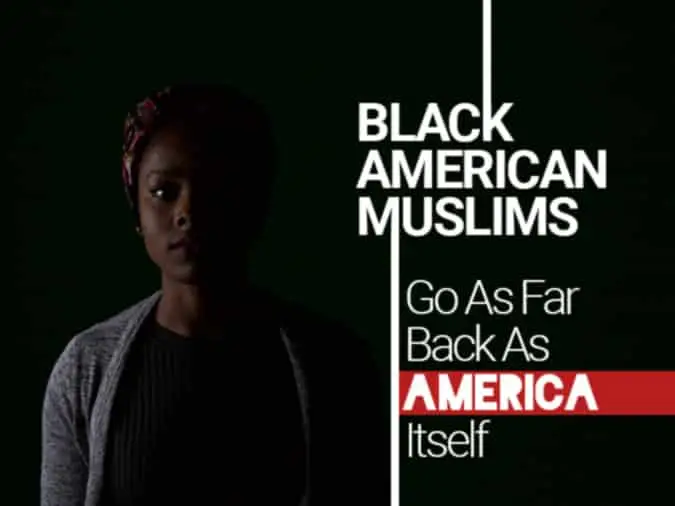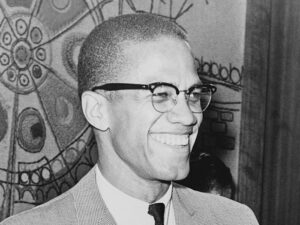The Overlooked Legacy
Contrary to popular belief, Muslims have been in America from its very beginning. Founding father Thomas Jefferson even had his own copy of the Quran! Many of the Africans forcibly brought to the United States through the Atlantic slave trade came from Muslim backgrounds. From the get-go, black Muslims have had a significant impact on not only the American Muslim community, but on the country of the United States as a whole. They helped to build this nation but unfortunately, their contributions are often overlooked.
Unveiling The Hidden Stories
People like Ayuba Suleiman Diallo and Bilali Mohammad kept record of their experiences as slaves in America. Theirs and others’ writings helped to document Islam’s presence in the New World. The number of Muslim slaves not agreed upon, but researchers estimate from 40,000 in the U.S. all the way up to 3 million across North America, South America and the Caribbean. These Muslims even fought for America against the British in the Revolutionary War, as evidenced by the Islamic names documented on military muster rolls.
Black American Muslim Icons
Over time, we have seen black Muslims at the forefront in the fight for civil rights, and also in popular culture whether that be in the sports, entertainment, or political fields. Names like Malcolm X, Muhammad Ali, Ibtihaj Muhammad, Kareem Abdul-Jabbar, Keith Ellison, and Ilhan Omar all come to mind when thinking of notable black American Muslims. They represented equality, greatness, grace, skill, and eloquence in each of their fields so much so, that they have now become household names and role models for people of all faiths and colors.
The Rise of African American Muslims in The US
Today, African Americans constitute about one fifth of the United States’ Muslim population, according to an article published by the Pew Research Center in January 2019. While about half of black Muslims converted to Islam, the other half were born into the religion. Islam was popular in many urban communities as early as the twentieth century, a time during which many African Americans reconnected with their Muslim roots. Fifty-one percent of Muslims whose families have been in the U.S. for at least three generations are black, as highlighted by the same Pew Research study.
Combatting Racism
Despite this strong historical and current presence of black Muslim Americans, the minority community still faces many obstacles when it comes to racism in the United States. About 92 percent of black Muslims say there is still a lot of discrimination against black people today according to the Pew Research survey. We have seen the same legendary names mentioned above face a targeted scrutiny and bias that simply does not exist when it comes to their colleagues. Organizations like Muslim ARC and others are working to rectify racist behavior against black Muslims to try to instill what the Prophet Muhammad (peace be upon him) taught us so many years ago:
“An Arab has no superiority over a non-Arab nor a non-Arab has any superiority over an Arab; also a white has no superiority over a black nor a black has any superiority over a white – except by piety and good action.”
May we always honor those people who came before us, the struggles they faced in order to make our lives today easier, and never tire of continuing their work to make the future a better place.





